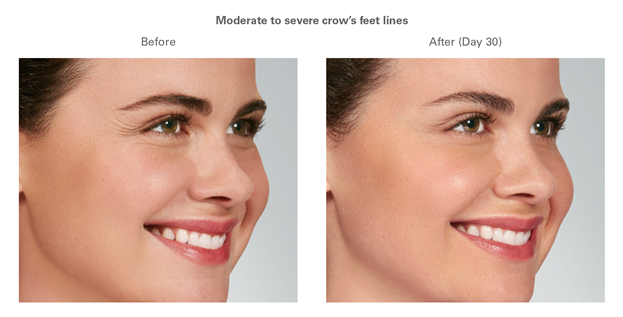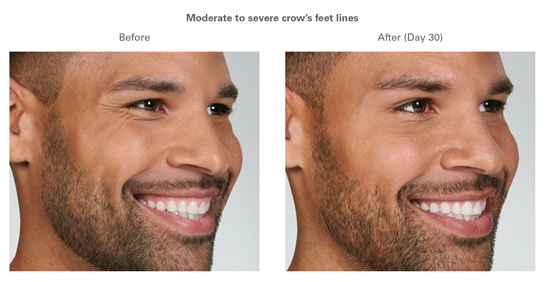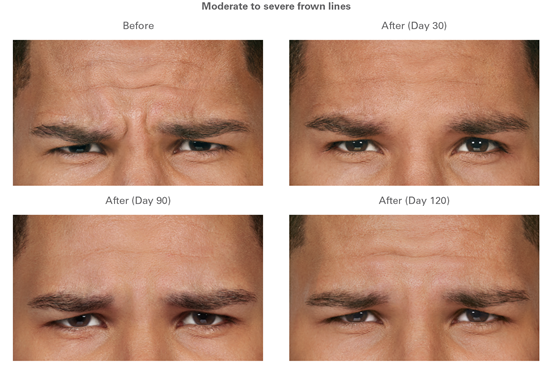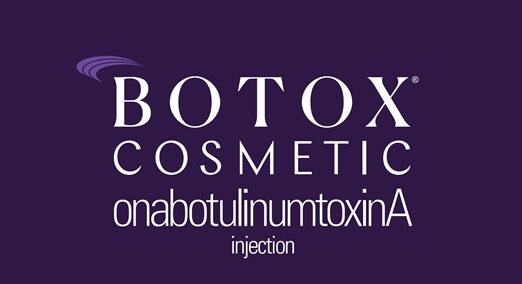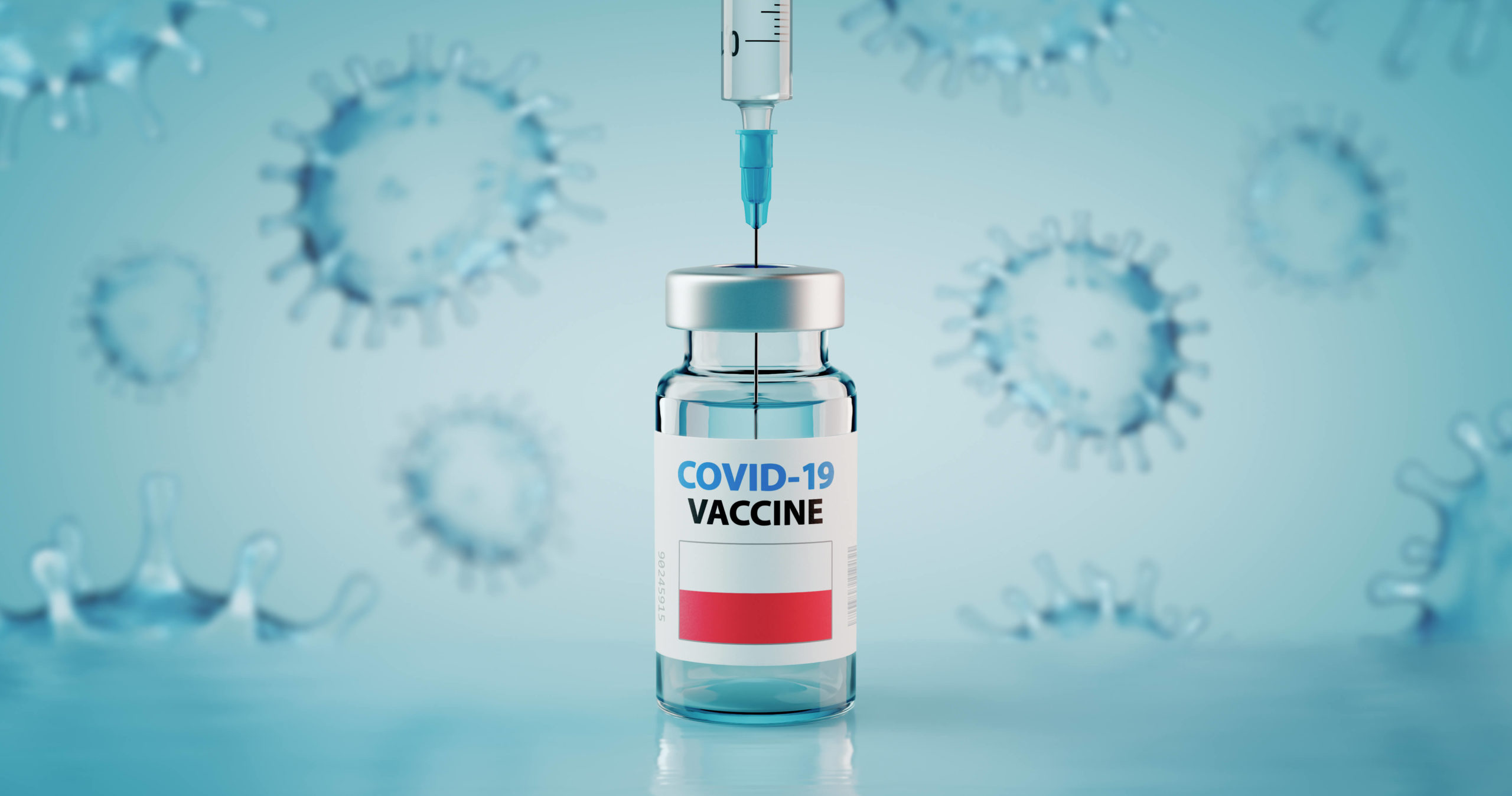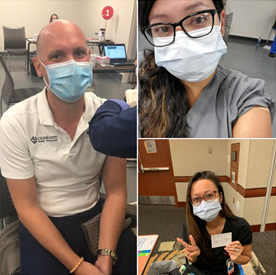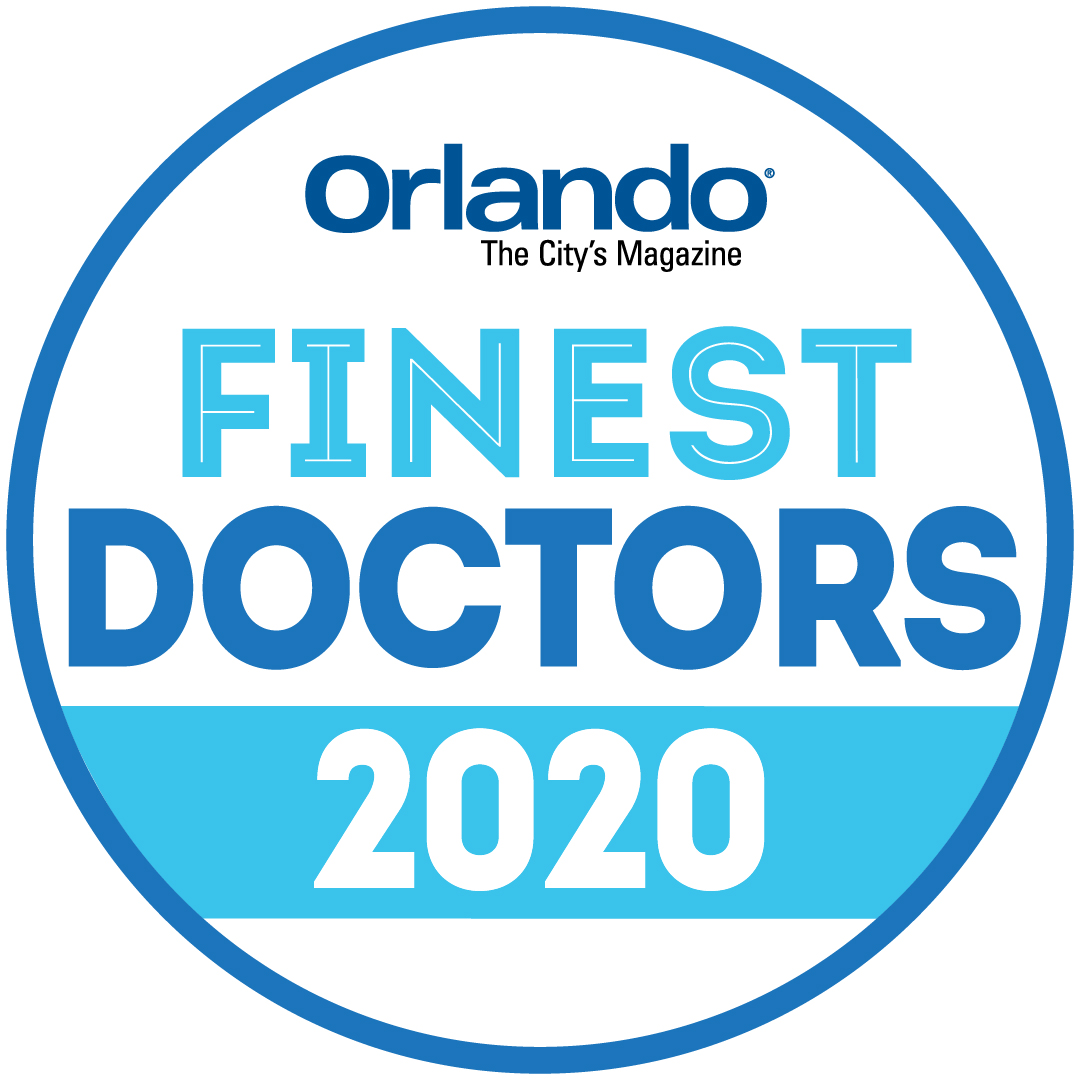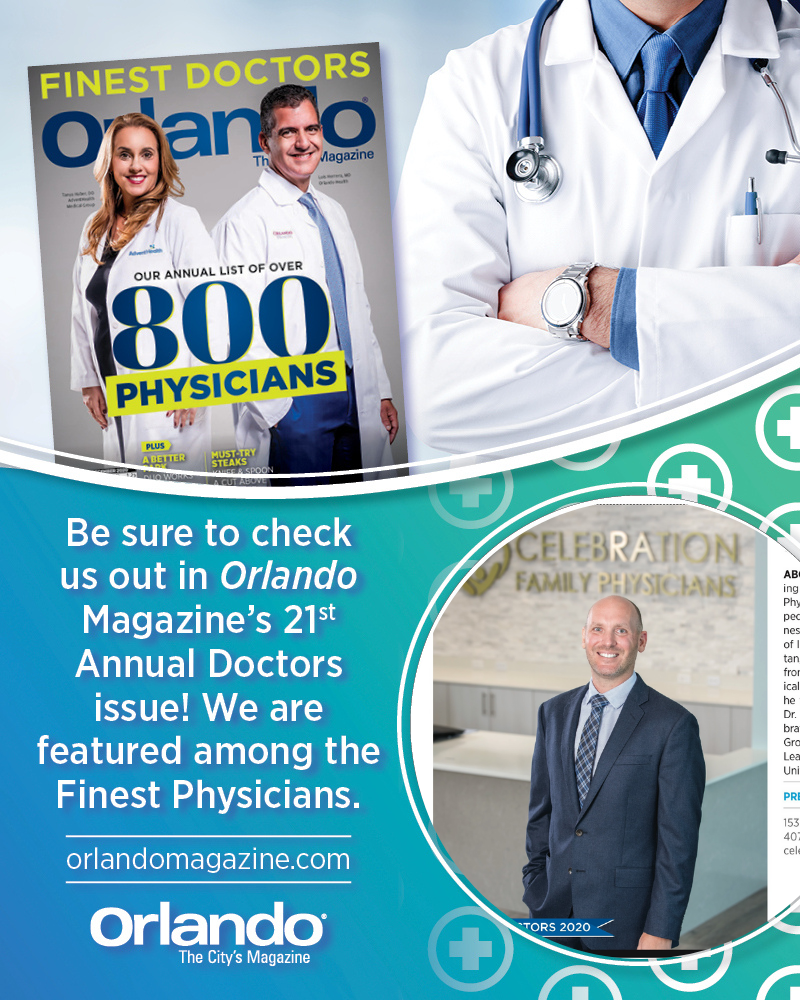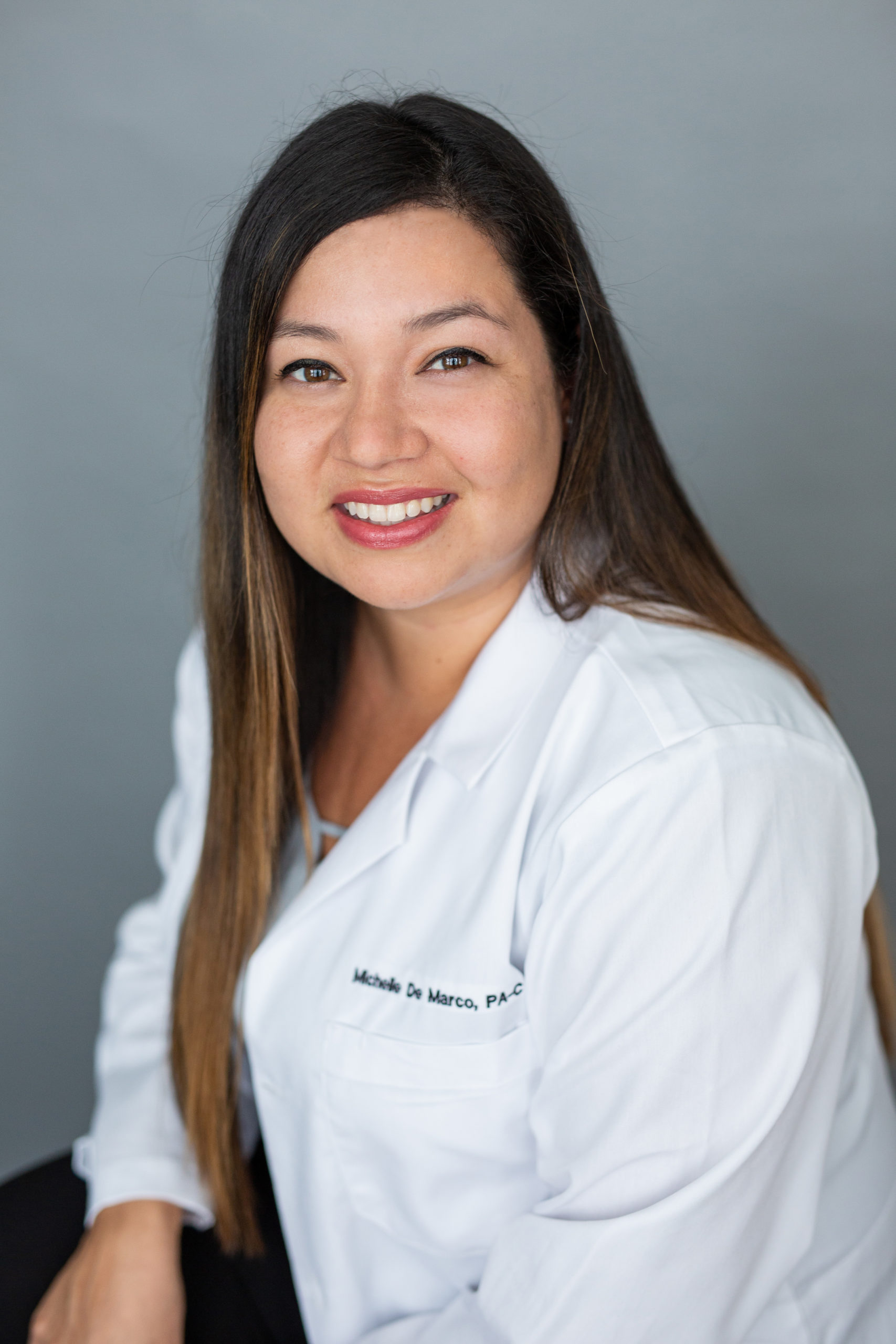Celebration Family Physicians is excited to offer a new service line: Botox injections for cosmetic benefits. Below are the answers to your most commonly asked questions.

What is Botox?
BOTOX is the brand name of an FDA approved drug used in the cosmetic treatment of wrinkles and facial creases. The drug is an injectable neurotoxin, Botulinum Toxin Type A, made by the bacterium Clostridium botulinum. BOTOX is the first and only FDA-approved treatment to temporarily smooth moderate to severe forehead lines, crow’s feet lines and frown lines in adults. There are other brands used for the same purpose, such as Myobloc, Dysport, Jeuveau, or Xeomin. BOTOX is the term you hear most often because it was the first injectable botulinum toxin.
How does Botox work?
Botox blocks signals from the nerves to the muscles. The injected muscle cannot contract resulting in the relaxation and softening of facial lines and wrinkles. The muscle paralysis is temporary.
How long does it take to see results?
You may begin to see results within 24 to 48 hours after treatment. It takes 1 to 2 weeks to see the full results of your treatment.
How long does Botox last?
The effects will last 2 to 4 months. Individual results will vary. Repeating the treatment 2 to 4 times a year help to maintain your results. The lines and wrinkles will appear less severe with time and repeated treatments.
What are the benefits of Botox?
Botox has both cosmetic and medical benefits.
Life brings its share of surprises, smiles and frowns. These experiences and facial expressions means repeated muscle contractions that may lead to prominent lines. If you are bothered by these lines, you are not alone. Botox is a great way to achieve younger-looking skin by helping eliminate or reduce these prominent lines.
Botox is useful in many other ways such as treating migraines, excessive sweating, overactive bladder, lazy eye (strabismus) and neck spasms (cervical dystonia).
What parts of my face can I get Botox treatment?
BOTOX is the only FDA-approved treatment for moderate to severe forehead lines, crow’s feet lines (lines to the sides of the eyes) and glabella frown line (wrinkles between the eyebrows).

What can I expect during your Botox treatment?
With a very fine needle, Botox is injected into the muscles of the face. You will feel a minimal stinging sensation. Most patients rate the discomfort a 1 or 2 on a scale of 10. The treatment takes about 15 minutes. You will be able to resume your day immediately afterwards. We recommend you stay upright for 4 hours after the treatment and take a day off from exercising. It is bet to avoid alcohol at least 1 week prior to the procedure. You should also stop taking aspirin or anti-inflammatory medications 1 week before your treatment to prevent bruising.
How much does Botox cost?
Botox is priced per unit. On average, each unit costs about $10 – $15. Below is the FDA-Approved maximum dosing for each area.
- Forehead lines: 20 units
- Crow’s feet lines: 24 units (12 units on each side)
- Frown lines: 20 units
| Unit Dose | Price Per Unit |
| Up to 20 units | $12 |
| 21 to 44 units | $11 |
| 45 t0 64 units | $10 |
Is Botox Safe?
Botulinum toxin tye A has been used safely for 30 years. Botox is FDA approved meaning they have successfully proven their safety and efficacy through large scale clinical trials.
What are possible side effects?
Some people can get pink bumps at the injection sites. This can last for a couple of hours up to several days. You will not lose the ability to show expression. Other uncommon but potential side effects include swelling, rash, headache, local numbness, pain or irritation, infection, bruising, eye problems, flu-like symptoms, eyelid or brow drooping, and allergic reactions.
Who should NOT be injected with Botox?
- Pregnant women or women trying to get pregnant.
- Nursing mothers.
- Individuals under 18 years old.
- Individuals with dermatosis (such as psoriasis or eczema) or infection in the treatment area.
- Individuals who develop keloid scarring.
- Immunocompromised individuals.
- Individuals with neuromuscular disorder such as Myasthenia Gravis, ALS, myasthenia gravis, Lamert-Eaton syndrome, and myopathies.
- Individuals allergic to any of the ingredients in Botox or had any allergic reaction to other botulinum toxin products such as Myobloc, Dysport, Jeuveau, or Xeomin.
- Individuals undergoing treatment for urinary incontinence or have a urinary tract infection.
